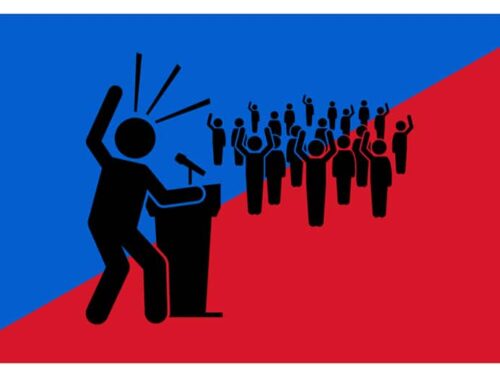
Most of us, when we’re entering or exiting a public location such as an office building, coffee shop, or retailer, will keep the door open for someone we don’t know. We’ll also say “excuse me” when we bump into someone in public. And, if you’re like the vast majority of people, when someone sneezes, you’ll offer a “bless you.”
In these instances, most of us will exemplify what I refer to as “Regular Respect.” It’s known as “common courtesy” or just plain “being kind” to others. And the majority of us do these things instinctively, without giving them a second consideration.
Here’s the thing: showing respect on a regular basis when the stakes aren’t high is relatively simple. It’s when others treat us in ways we consider disrespectful that the going get’s tough. This is due to the fact that when we feel insulted or disrespected, – and it really is all about feelings – we get triggered at a very primitive level and typically we’ll stop showing regular respect to the person who we believe disrespected us.
Here’s the brain science involved. When someone treats us disrespectfully – whether by calling us a derogatory name, cutting in front of us at a store checkout, or purposely slamming a door in our face — our brain stem interprets their actions as a threat to our well-being and responds accordingly. Within a quarter of a second, the brain sends a signal to the rest of the body indicating whether to fight, flee, or freeze. A number of powerful hormones, like epinephrine (also known as adrenaline) and cortisol, the stress hormone, are then secreted into our bodies by the adrenal gland, which causes increased heart and breathing rates and often leads us to experience an emotional response.
As a result, we are physically and emotionally “reacting” to the disrespect we are experiencing in the blink of an eye, and treating others with regular respect becomes a low, low priority at this point.
This is why you’ll see complete strangers yelling at one other in the middle of a crowded store, or why drivers become engulfed in their own “road rage” on the highway. And, given the abundance of handy means of capturing, disseminating and watching disrespectful behavior on our cell phones, it’s no surprise that many of us believe the entire world has become less respectful than it once was. Research shows that we’re not wrong.
So, here’s what you can do about it… first, you can manage your primitive reactions to disrespect by taking 2-3 deep breaths. This will change your physiology and help you think more rationally and clearly. We call it “taking a B.A.T.H.”
– Breathe, deeply 2-3 times
– Ask Yourself If Disrespecting Them Back Will Make Things Better (it won’t)
– Think Through Your Response Options
– Hold Off On Doing Anything Until You’ve Calmed Down
Another approach is to practice regular respect intentionally, as much as you are able, on a daily basis. Make a conscious effort to be courteous to people, rather than simply doing so automatically. And remember to express gratitude to people when they show you courtesy. You’ll be shocked at how a little intentional, regular respect can spread like wildfire and make everyone’s day a bit better in the process.




